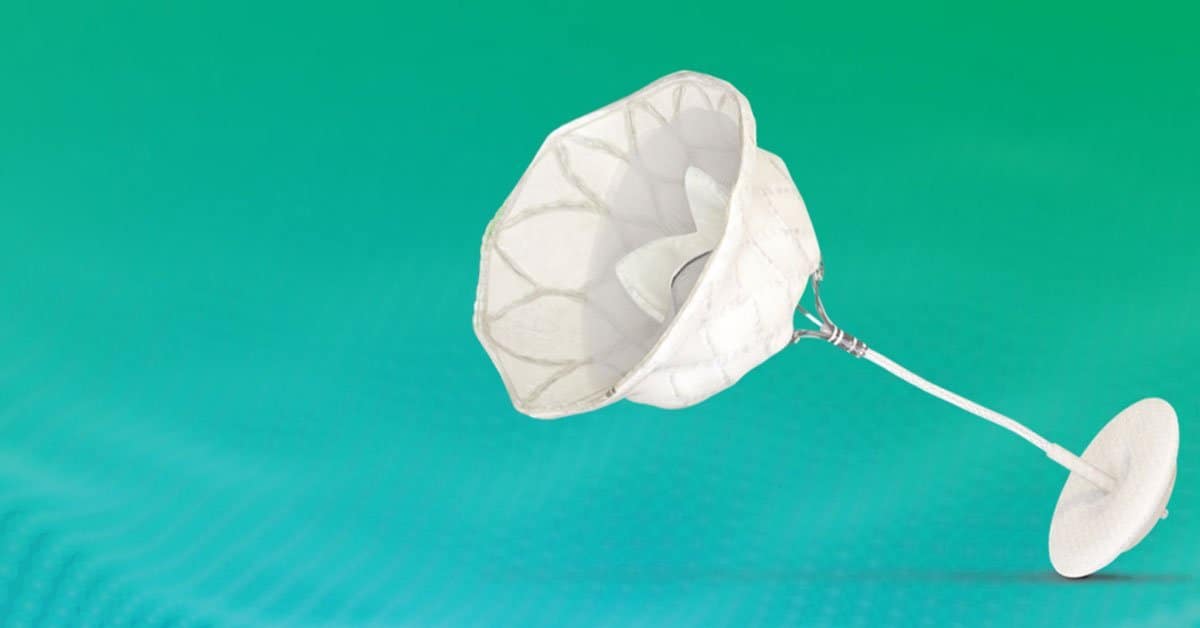AFib inhalers took a small step closer to becoming a reality after InCarda Therapeutics’ Phase 3 RESTORE-1 trial showed that its FlecIH-103 inhaled flecainide formulation can rapidly convert paroxysmal AFib to normal sinus rhythm. However, challenges with the study suggest that InCarda has more work to do in order to achieve this reality.
- FlecIH-103 is an orally-inhaled flecainide acetate solution that treats paroxysmal AFib (PAF) by rapidly restoring normal sinus rhythm (NSR), potentially reducing the need for invasive procedures and hospital stays.
- If successful, FlecIH-103 could fill a critical gap by offering patients a rapid and portable solution for acute PAF episodes.
- In InCarda’s previous Phase 2 INSTANT trial, FlecIH returned 42.6% to 46.9% of PAF patients to normal rhythm in under 15 minutes.
The new Phase 3 trial further highlighted FlecIH-103’s potential, while also revealing some challenges that must be overcome in order to prove that InCarda’s AFib inhaler is ready for clinical use.
On the positive side….
- Flecainide achieved a NSR cardioversion rate of 31% versus placebo, with patients regaining NSR in a median of 13 minutes.
- 80% of patients who converted to NSR were eligible for discharge within two hours, compared to just 30% whose PAF did not convert.
- Patients treated with FlecIH-103 required fewer electrical cardioversions than placebo patients (49% vs. 83%).
- No serious adverse events were reported and all other adverse events resolved without sequelae.
However, the RESTORE-1 trial included one big setback…
- The trial’s NSR conversion rate (31% vs. 47%) and plasma flecainide levels were far lower than InCarda’s Phase 2 INSTANT trial, prompting RESTORE-1’s premature termination.
- Because of that, only 54 of the planned 400 patients were enrolled before the trial was terminated.
InCarda maintains that this issue stemmed from FlecIH-103’s delivery method and “unexpected drug-device incompatibility,” which wasn’t observed in the previous INSTANT trial.
- To address this, InCarda has since switched to Aerogen Ltd.’s advanced vibrating-mesh aerosol platform.
- Early Phase 1 data using this new Aerogen-based platform shows similar plasma concentrations with reduced drug doses, suggesting that it could be safer and more effective.
The Takeaway
The road to a positive Phase 3 trial is often winding, but it appears that the device issues with the RESTORE-1 trial might only represent a short detour for FlecIH-103, which remains a promising AFib treatment option.






